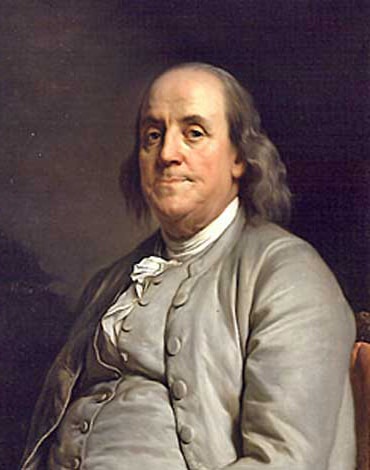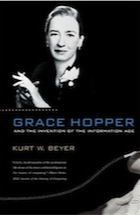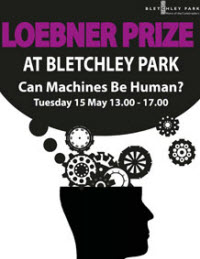 |
| Assange on the cover of Time |
Assange is of course most famous for his website WikiLeaks, but you may not know that he used to be a hacker going by the pseudonym Mendax. Assange contributed to an excellent book titled, Underground: Tales of Hacking, Madness and Obsession on the Electronic Frontier, which provides an excellent insight into the secretive world of hacking. You can buy the book on Amazon, but in true hacker spirit it's freely available to download online.























.JPG)





